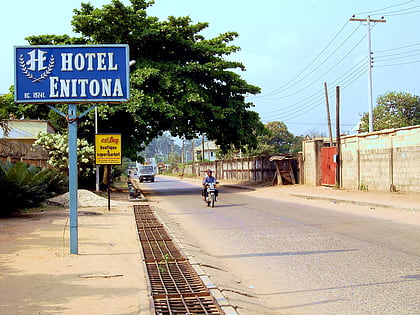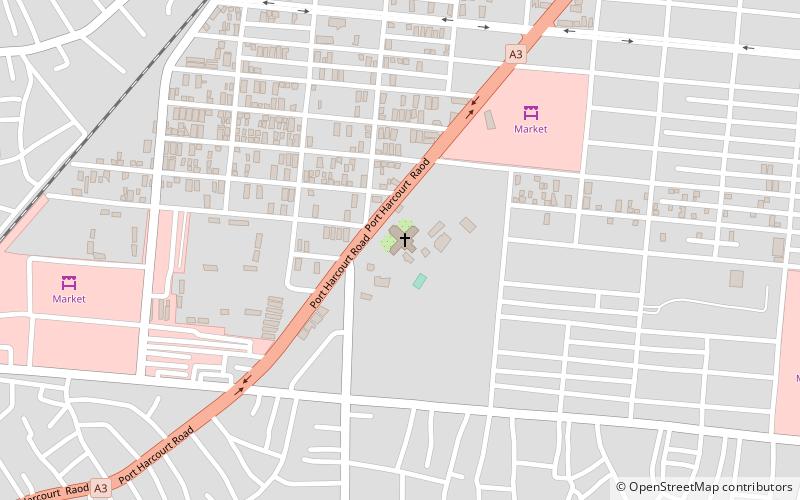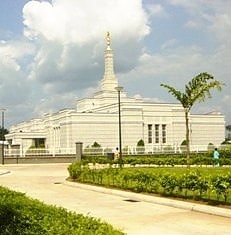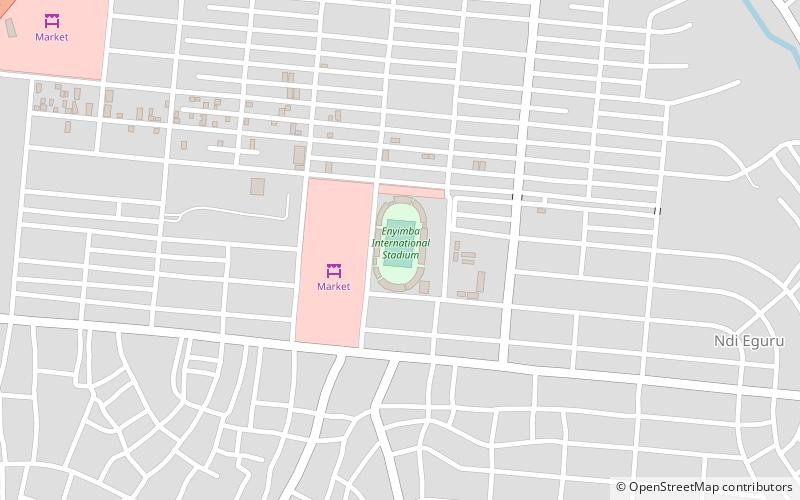Aba
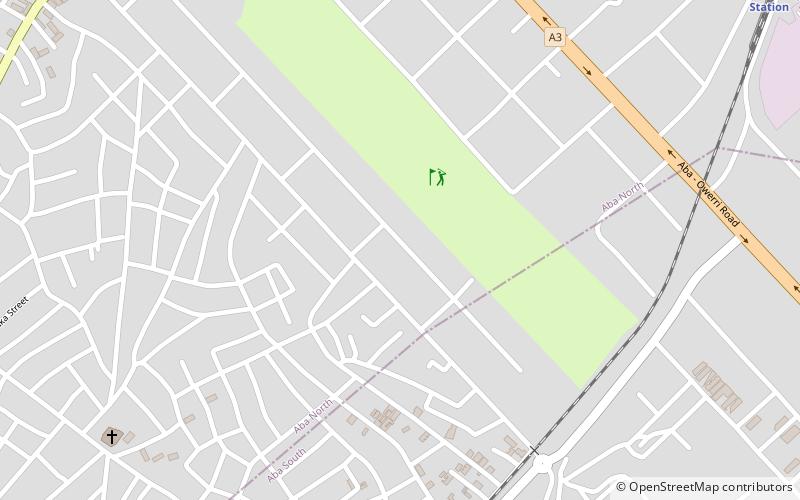

Facts and practical information
Aba is a city in the southeast of Nigeria and the commercial center of Abia State. Upon the creation of Abia state in 1991, Aba was divided into two local government areas namely; Aba South and Aba North. Aba south is the main city centre and the heartbeat of Abia State, south-east Nigeria. It is located on the Aba River. Aba is made up of many villages such as; Aba-Ukwu, Eziukwu-Aba, Obuda-Aba, Umuokpoji-Aba and other villages from Ohazu merged due to administrative convenience. Aba was established by the Ngwa clan of Igbo People of Nigeria as a market town and then later a military post was placed there by the British colonial administration in 1901. It lies along the west bank of the Aba River, and is at the intersection of roads leading to Port Harcourt, Owerri, Umuahia, Ikot Ekpene, and Ikot-Abasi. The city became a collecting point for agricultural products following the British made railway running through it to Port Harcourt. Aba is a major urban settlement and commercial centre in a region that is surrounded by small villages and towns. The indigenous people of Aba are the Ngwa. Aba is well known for its craftsmen and also the most populous city in the South Eastern Nigeria. As of 2016, Aba had an estimated population of 2,534,265. The state's slogan is "God's own State". ()
Aba – popular in the area (distance from the attraction)
Nearby attractions include: Christ the King Cathedral, Aba Nigeria Temple, Enyimba International Stadium.
